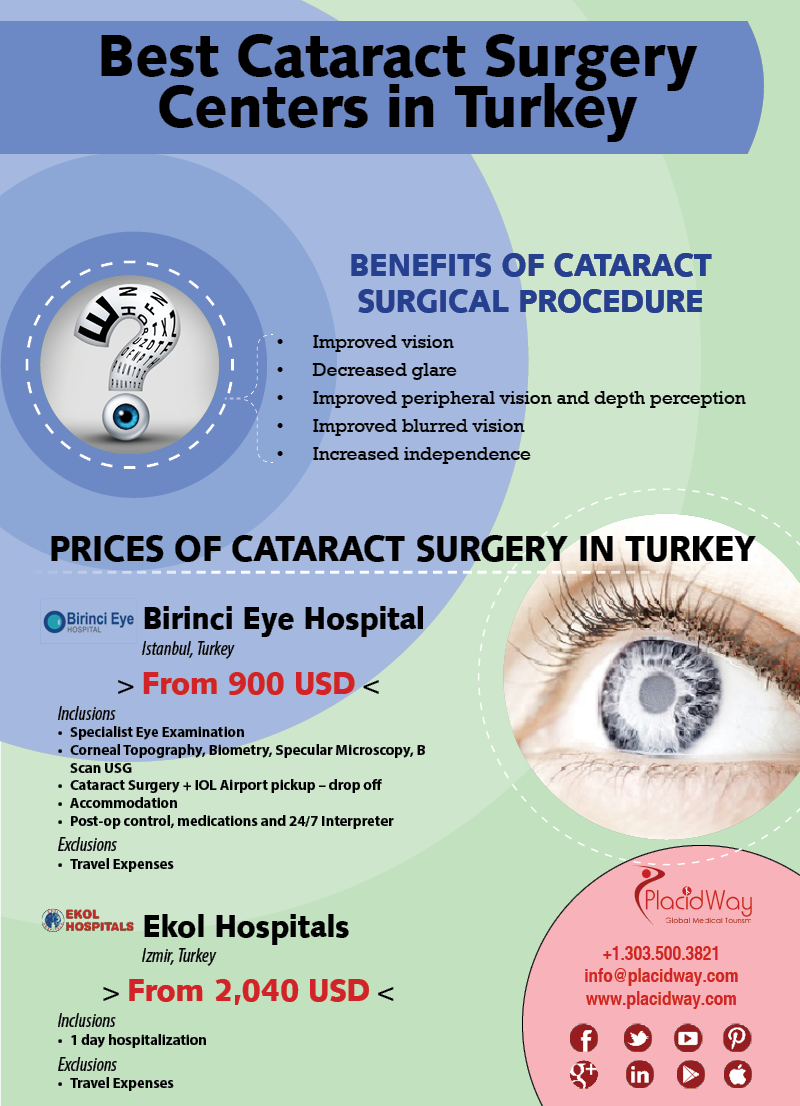Is SMILE Eye Surgical Procedure Ideal For You? Key Insights And Considerations To Reflect On
Is SMILE Eye Surgical Procedure Ideal For You? Key Insights And Considerations To Reflect On
Blog Article
Short Article Produced By-Frederiksen Moss
If you're contemplating SMILE eye surgery, consider this: are you prepared to welcome possible visual flexibility, or does the idea of any threats make you be reluctant? Your choice will depend upon a cautious balance of evaluating the advantages against the unpredictabilities. It's important to dig deeper right into the nuances of SMILE surgical procedure to make an enlightened choice that aligns with your visual objectives.
Understanding SMILE Eye Surgery
When considering SMILE Eye Surgical procedure, it is essential to understand the procedure and its benefits. SMILE, which represents Little Cut Lenticule Removal, is a minimally invasive laser eye surgical treatment that remedies common vision issues like myopia (nearsightedness).
Throughout the treatment, your eye specialist will utilize a femtosecond laser to create a small cut in your cornea. With this cut, a little disc of tissue called a lenticule is gotten rid of, reshaping the cornea and fixing your vision.
Among the crucial advantages of SMILE Eye Surgical treatment is its quick recovery time. Lots of clients experience enhanced vision within a day or more after the procedure, with very little pain.
In addition, SMILE is known for its high success rate in offering lasting vision correction. Unlike LASIK, SMILE does not call for the development of a flap in the cornea, minimizing the danger of difficulties and permitting a more stable corneal framework post-surgery.
Understanding the procedure and its benefits is crucial when taking into consideration SMILE Eye Surgical procedure for vision correction.
Advantages and disadvantages of SMILE
Considering SMILE Eye Surgical treatment for vision correction comes with different benefits and potential downsides.
Among the primary pros of SMILE is its minimally invasive nature, as it involves a little laceration and generally causes quick recovery times. The treatment is likewise recognized for causing very little pain and dry eye signs and symptoms post-surgery compared to various other vision improvement approaches. Furthermore, SMILE has been shown to supply superb visual end results, with numerous clients attaining 20/20 vision or far better.
On the other hand, a potential con of SMILE is that it may not be suitable for people with extreme refractive mistakes, as the treatment range is rather restricted compared to LASIK. https://andreieysm.digitollblog.com/29057904/check-out-the-perks-of-smile-eye-surgical-treatment-a-total-overview to consider is that the discovering curve for cosmetic surgeons applying SMILE can influence the schedule of skilled carriers in particular areas.
cataract surgery best lens is necessary to evaluate these advantages and disadvantages very carefully when deciding if SMILE is the right choice for your vision correction needs.
Determining Qualification for SMILE
To determine if you're qualified for SMILE eye surgical treatment, your eye doctor will perform a thorough examination of your eye health and wellness and vision demands. During this evaluation, elements such as the stability of your vision prescription, the thickness of your cornea, and the general wellness of your eyes will be analyzed.
Typically, https://www.health.harvard.edu/staying-healthy/lasik-surgery-what-to-expect for SMILE more than 22 years old, have a steady vision prescription for a minimum of a year, and have healthy corneas without problems like keratoconus.
Your optometrist will additionally consider your total eye health and wellness, any type of existing eye conditions, and your way of life needs to determine if SMILE is the best choice for you. It's necessary to communicate any certain visual needs or issues you might have throughout this analysis to ensure that the treatment straightens with your expectations.
If you aren't eligible for SMILE, your optometrist might advise alternate vision correction choices that far better suit your private needs and eye health condition.
Final thought
Ultimately, determining whether SMILE eye surgery is right for you calls for careful consideration of your specific eye health and visual demands. Seek advice from your ophthalmologist to identify your eligibility for the treatment and consider the prospective advantages and disadvantages. Remember to connect any type of concerns or concerns you might have throughout the evaluation process to make an educated decision about your vision improvement options.
